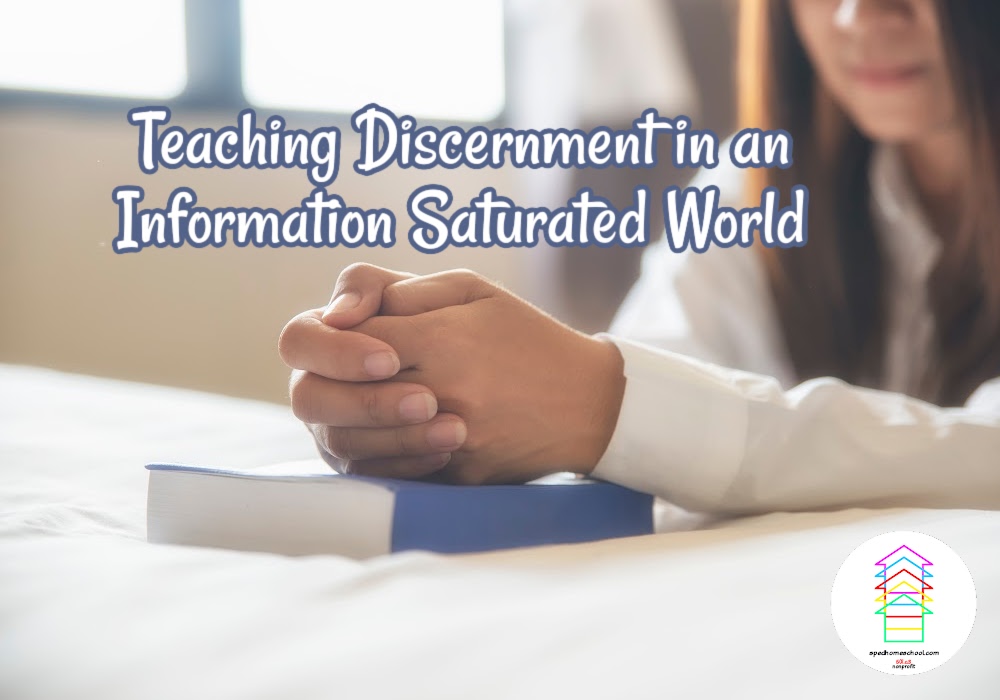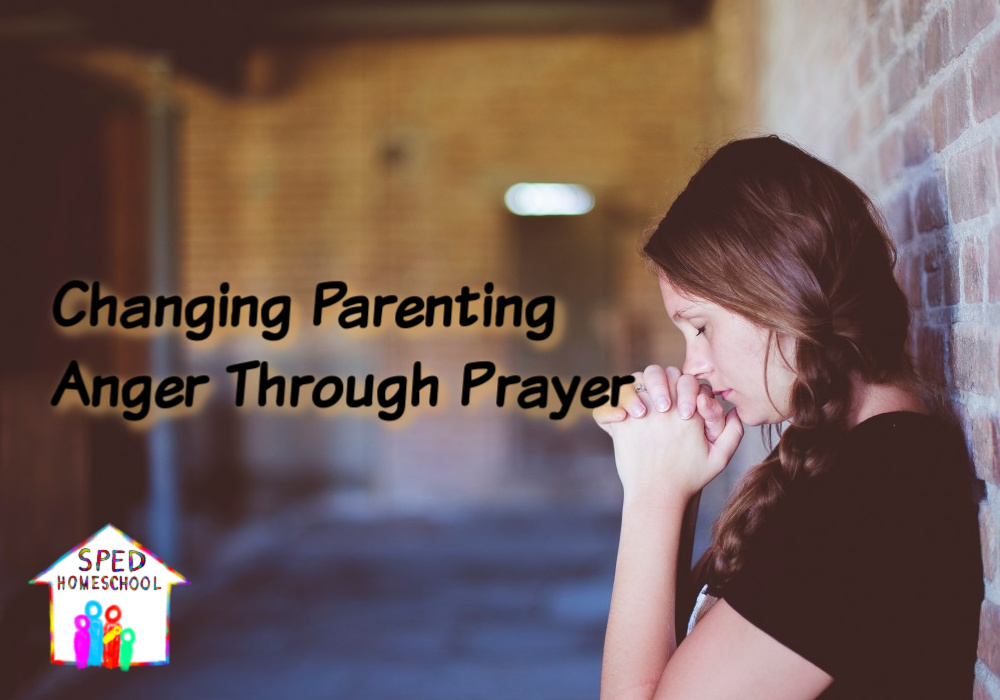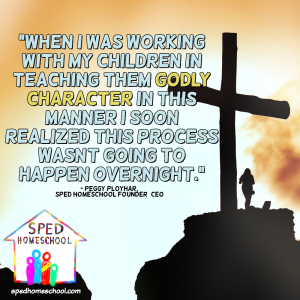
By Dawn Spence, SPED Homeschool Teaching Manager
Homeschooling is a great path to spending time with your family and loved ones. It can be hectic at times with lots to do and it can be peaceful at times. I have been on both sides of the coin. Some years are outright crazy and stressful. What do you do when life hits you with stress, illness, or both? This is when I feel like my teaching goes out the door, which stresses me out even more. How do you homeschool when everything is insane? The word that comes to my mind this year is grace. I have found four things that have given me perspective when dealing with illnesses in our home when I am the primary caregiver and teacher.
Look at what you can let go of:
I am type A personality, that likes all my ducks in a row, and this year my ducks aren’t in the same pond, let alone in a row! While focusing on my non-negotiables, I have learned to ease up on some subjects. I feel more pressure with a high school student to keep him on track, but even his schooling can take some breaks within limits. I can do less math for one week and assign more the next or assign fewer problems if he is understanding the lesson. This is where I am glad that we school in the summer, as that releases some of my mom guilt and pressure.
Learn to be flexible:
If things are chaotic and I lose my bearings, my children will still look to me for some stability. The best gift I can give my kids is the lesson that life is something that can not be predicted. We might wake up and because of unforeseen circumstances, our day takes a different turn. This life skill, of being able to adapt in the situation and not crater when an illness or stress comes on, can not be taught in a textbook. Honestly, this year I have been tested in this very area and some days I do better than others. If I don’t succeed, I need to grant myself grace.
Pick your path:
The biggest thing I need to remember in stressful times and in the chaos is that this is my journey and my path. Comparing myself to others, especially during a crisis, just causes me more stress. I know that this is not the time to get on social media. I look and see how it is going for others, which can cause a pity party or going down a rabbit-hole and still my stress is there. During this hectic time, I choose to take some time and evaluate my path. Maybe I need a 5 minute time out, a hot bath, or chocolate. Whatever I do or how I handle my situation, it’s my way, and it is not wrong.
Ask for help:
This one is hard for me. I was brought up to just do it. Sometimes, I need outside help. Many times when others ask what they can do to help, I feel like it is my burden alone. This is where I usually pray for help and strength and sometimes that answered prayer is help from others. When help comes, I need to accept it and let people in to help. Battling my stress and crisis on my own is not a badge of honor. Reducing my stress helps me become a better mom and teacher.
Stress and crisis might show up at any time, but learning how to give yourself grace and work through it is the key to mental wellness.
Dawn Spence is a homeschooling mother of three who left her special education teaching career to stay home and teach her own children. She is a gifted instructor who has the ability to bring out the teacher in everyone, especially showing parents how to modify curriculum to meet the specific learning needs of their child. Dawn works as the SPED Homeschool Teaching Manager, coordinating blogging content with the SPED Homeschool partners and team members.









